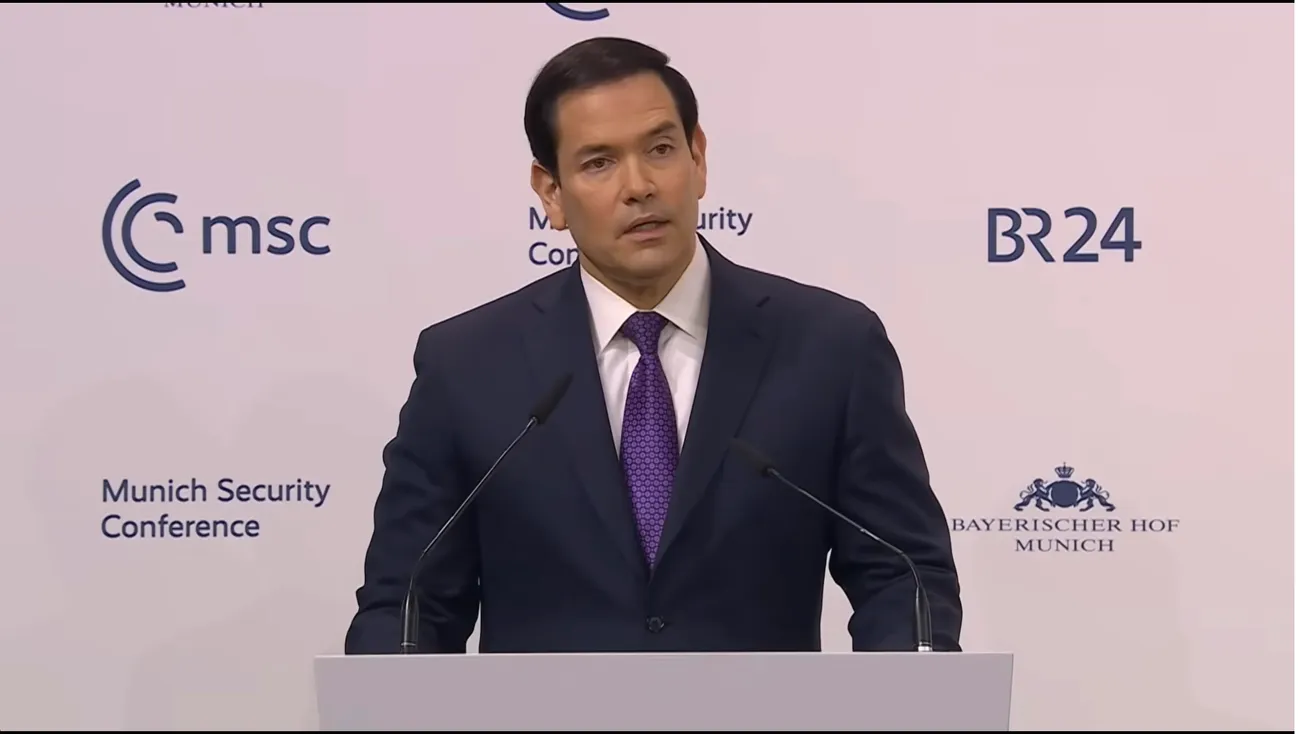On Feb. 3 the largest meatpacker in the world, JBS SA, a Brazilian-based company operating in 15 nations, said it has offered to pay a settlement of $52.5 million in a lawsuit brought against it and three other mega-meatpackers (Tyson Foods, Cargill and National Beef) by wholesale food distributor, Pacific Agri-Products. The lawsuit demands a much bigger claim, and the offer from JBS, or any defendant, must be approved by the U.S. District Court in Minnesota. The JBS offer admits no guilt, and conspicuously, it comes on top of prior settlements by JBS from July 2021, of $12.7 million and $24.5 million, in a lawsuit brought by an “indirect purchaser,” and direct purchasers, which are restaurants and restaurant suppliers.
Altogether, the Big Four packers control 80-90% of U.S. beef processing. The class-action complaint, filed in the U.S. District Court, District of Minnesota, was almost word-for-word modeled on a similar case filed in 2015 by R-CALF USA, headed by CEO Bill Bullard, who has addressed two Schiller Institute conferences on the cattlemen’s fight. Since about 2015, the Big Four have been accused of price rigging and are fighting multiple court claims.
According to a Dec. 10, 2021, White House press release on “Dominant Meat Processing Companies” new data released on four of the biggest meat-processing companies operating in the U.S.—JBS, Tyson, Marfrig (National Beef), and Seaboard—show their combined gross profits have increased by more than 120% since before the pandemic, and their net income has surged by 500%. They have announced over $1 billion in new dividends and stock buybacks, on top of the more than $3 billion they paid out to shareholders since the pandemic began.
About 30 million head of beef are slaughtered in the U.S. each year, about 95,000 head per day. To put the $52.5 million JBS settlement into perspective, that is roughly the profit the Big Four make on beef in one day. A drop in the bucket.






